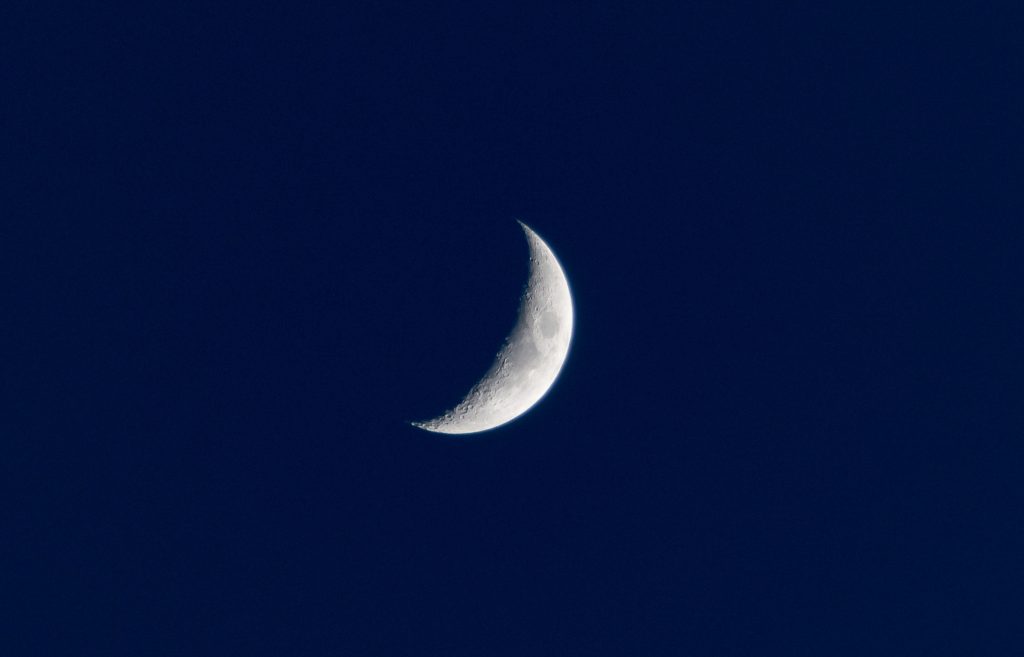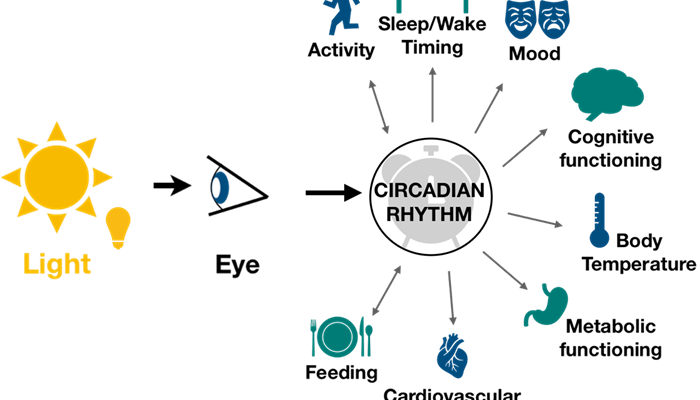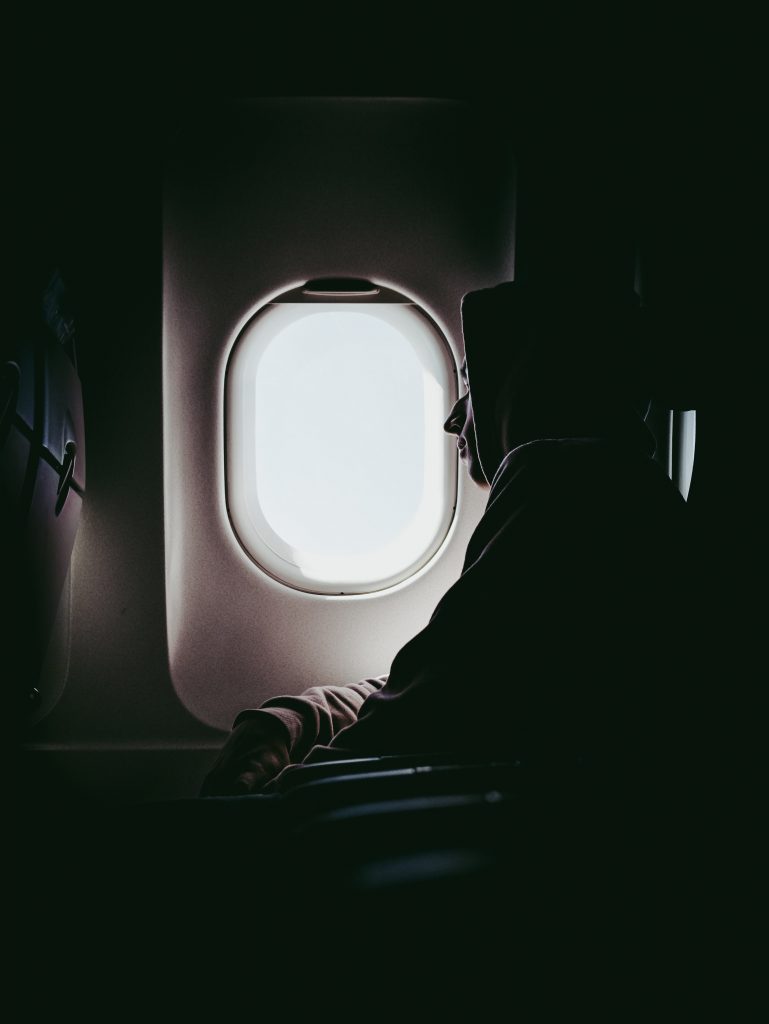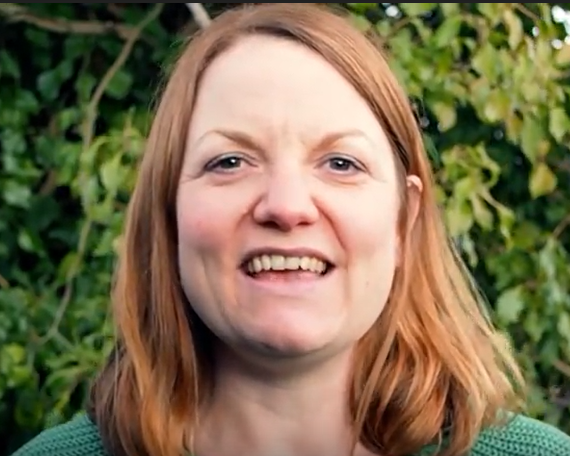We all hear that sleep is important right. But why?
Having recently finished reading about this, the criticality of it hit me full force. I felt compelled to share. The top 5 things I learnt, that stopped me in my tracks, in terms of why we would give it more attention are:
“If sleep does not serve an absolutely vital function, then it is the biggest mistake the evolutionary process has ever made”
Dr Allan Rechtschaffen

- Poor self-awareness: One of the first things to go when you are lacking sleep is self-awareness – so you often don’t even recognise the tiredness (until its too late!)
- Increased Food Consumption: We eat on average, 300 extra (unnecessary) calories a day when tired
- Capacity: The impact of turning up to work on a severe lack of sleep can be equated to being over the alcohol limit (check out the section on performance)
- Caffeine: It has a quarter half-life. Translation: Drinking a cup of coffee at 12 noon means a quarter of it will still be in your system at midnight. Imagine how much is there when you drink coffee later than this!
- Safety: Attempts at staying awake are now banned from Guinness World Record attempts – it is deemed TOO dangerous – check out this video on what happens when we don’t sleep (4 mins)
The structure of this post shares the research that stood out as being particularly interesting, personal experience and impact as well as some key points. We can adopt simple hacks to do it better. Scroll to what takes your interest and I hope there’s at least one thing in there for you.
First, some interesting facts and figures:
- Poor sleep costs the UK economy about £38bn. This figure is derived from the increased mortality risk of individuals sleeping an average of less than 6 hours a night, and lost working days (productivity) from absenteeism due to insufficient sleep
- Disasters such as Chernobyl happened as a result of tiredness
- Edison (light bulb inventor!) used to nap daily. He would take a doze with 2 ball bearings in his hand, hovering over a steel bowl. As soon as his body slipped into sleep and his muscles relaxed, the balls would drop and wake him up. That’s when he’d begin scrawling down all the creative thoughts he could extract from his mind from the effects of sleep.
- If you want to form a habit, the best time to start is in the morning, when we are well rested and our brain is at its most receptive. There are many different numbers on how long habits take to set in, Vicki Culpin says 66 days
Further facts and research:
Circadian rhythm

We all operate on a circadian rhythm – otherwise known as the twenty four hour cycle of day and night. Whilst primarily its responsibility is in determining when you should sleep and when you should be awake, it also coordinates eating, drinking, moods and even core temperature. I knew about circadian rhythm before embarking on this book and having read that certain organs peak their activity at certain points in the day, I already schedule my day around that. For example, the heart is at its peak function during 11am through 1pm and to make the most of that high energy, it’s a great time to have meetings. Each day, I schedule the first meeting at 11am and work either side of that, keeping the start of the day for creative thinking and the end for “sending out”. Lots more juicy facts, but I will get back on topic!
Back to sleep! The rhythm relies on melatonin being produced gradually during the day, so there is enough built up by the time we are due to sleep. The more regular our sleep pattern is, the easier it is for the circadian rhythm to manage it. The cycle peaks in early afternoon. I was particularly intrigued to read that it’s no coincidence that, this is the time of day many athletes break Olympic records. We don’t all operate on exactly the same rhythm (I’m definitely not on the same as Paula Radcliff for example!!), which is why some people are at their best in the morning (larks) and some are better much later (owls). It was very interesting to read in Matthews book, that organisations like Google are actually integrating people’s preferred patterns, so people can work to the hours where they are most productive.
Dreaming
This area is fascinating. To this point, my reading had led me to believe that the purpose of dreaming is to reset our innate templates. I had understood that we have a set of templates about how things “should be” and if things had happened that weren’t normal, or to be expected, a good nights sleep would enable the body to reset them, so that the next day , we were refreshed and back to what we could expect. I applied this to my work in anxiety and stress: if you spend many days in “stressful” situations and then don’t sleep very long or very well, your body doesn’t get chance to reset the templates. The body begins to assume this is “normal” and the vicious cycle continues – hence the importance of regular, quality sleep.
After this, my favourite piece of research, from the same book, Tyrell (from Tyrell and Griffins’ “Human Givens”) was so interested in his dream research, he would wake himself after a dream, put lights on and make notes in his book, much to the detriment of his marriage. It hit a critical point when his wife expressed her severe dissatisfaction at the constant nightly disturbances for dream tracking. After heated words, he was excited to learn what his dreams would contain, only to find no dreams were to be had. This is a short summary, but the conclusion drawn was, if, during the day, all our emotions or thoughts are expressed, there is no need for dreams to “diffuse” them.
Sleep, the brain and our emotional control:
In Taylors book he discussed studies showed that in sleep deprived adults, there is an increase of 60% in the amygdala (responsible for emotional triggers and the “fight or flight” modes). That is strongly coupled with the pre-frontal cortex (responsible for rational thinking and decision making). In under-slept people the pre-frontal cortex is almost temporarily “ousted” – so rational thought is removed. Further studies showed that lower connectivity between the two meant that there were huge pendulum swings between positive and negative emotions, as the amygdala kept “its foot on the gas” and the pre-frontal cortex was not connected enough to “put its brakes on” and slow things down.
Adolescent development
Children and teens need more sleep, and more REM sleep (that occurs in the early hour of the morning). In studies where school education start times were later, there was a reduction of traffic accidents.
Names of key researchers
In recognising that this is a snapshot article, there’s a need to highlight the many more sleep researchers. The key ones (if you want to do more of your own research) are:
- Freud 1899 was the original researcher, yet not much was derived from that
- Johns Hopkins has a Sleep Research Centre
- National Sleep Foundation
Further facts:
Performance
In “The Wake Up Call” (see reference below), research was conducted amongst working people that were sleep deprived and the following came up:
People were less able to stay focussed in meetings (69%), take longer to complete tasks (68%), find it hard to work with challenging colleagues (65%), find it challenging to generate new ideas (60%), less able to manage competing demands (59%). I could go on…
Negativity & Emotions
The same report outlines the emotional impact on sleep-deprived people:
84% felt more irritable, 75% feel more stressed (this does beg the question does stress cause sleep deprivation or the other way around?), 71% become frustrated more easily when a project is not going to plan.
The brain already sees the negative NINE times more than the good, and when sleep deprived, that gets worse. I’m thinking to repeat the good stuff nine times over to start to counteract that!
Loneliness
In the same study, 69% felt like they wanted to be left alone. This presents its own issues. Sleep is already impacted by loneliness. It comes down to safety. If we look at early days in our development, we would work in tribes, one person taking watch, whilst others slept. Those basic survival needs are still there, despite evolutionary advances. Ultimately, loneliness feels like no-one is “watching out” for you, so the ability to go into deep sleep is restricted, for fear of attack (all subconscious of course). So, if we are already lonely, and lack of sleep makes us want to be alone, it can only be a downward spiral.
Memory
Sleep has proven time and time again as a memory aid. It is useful before and immediately after learning something new, although it (like a memory stick) only has a certain capacity
Creativity
Creativity according to Matthew Walker, is lauded as the engine of business innovation (remember the Edison fact earlier?), yet when sleep deprived, it is systematically dismantled, along with intelligence, motivation, effort and efficiency. Interestingly, in studies, employees did not perceive themselves as putting less effort in – which in my opinion, loops back to the lack of self-awareness when sleep deprived!
A couple of special situations:

Shift Work Unfortunately, the research on the impact of shift work on our sleep makes for grim reading. The disruption to the circadian rhythm has been found to be carcinogenic and as such, potentially cancer causing. I’m not going to dwell on the “whys” of that, because I feel it is far more important to explore what we can do to mitigate against it, which would be:
- Take a nap before and during a night shift. For night shifts, doctors who were able to take a nap improved their speed and those that took a nap before the start of the shift were able to improve alertness and performance on shift
- Use light and dark to support and reset circadian rhythm e.g. if you need to pop to the shops after a night shift, but before you go to bed, use dark glasses, to keep the body thinking it is night time, same as having all curtains drawn so your home is dark when you return
- Have the nap early in the shift. Research from pilots found this effective in remaining alert for longer
- Choice has an impact – where individuals are able to choose their shift pattern the effects of poor sleep were minimised. Conversations with staff in rota planning therefore can support this
- Use light and dark to support and reset circadian rhythm e.g. if you need to pop to the shops after a night shift, but before you go to bed, use dark glasses, to keep the body thinking it is night time, same as having all curtains drawn so your home is dark when you return

Jet Lag The faster the internal biological rhythms can adapt to the new time zone, the shorter the period of jet lag symptoms, so, here are a few ideas:
- if you need to stay awake on arrival – keep lights bright e.g. don’t use your sunglasses, get out and get as much daylight a possible – give the body all the cues that it is daytime
- If you arrive and it’s night, keep everything dark, keep lighting and noise low
- Take melatonin, if available
- Adapt your external behaviour e.g. try to fit in with local meal times as quickly as possible
- Avoid “banking” sleep
- Try not to sleep on flights, however tired you are, unless it coincides with night time at your destination
I’ll now share my revelation after all this reading! I also list a few more general tips I think everyone should know!
I was up in Durham a couple of weeks ago, hosting some exploration on resilience. It smacked hard that living on the south coast now makes that over a six hour trip! I do it, because I love helping people find ways to live better, work smarter and find enjoyment amid the pacey professional lives they lead.
The journey did provide me with some enjoyment however, having realised a while back that I actually find working on the train quite therapeutic. With with no distractions and no kettle to boil repeatedly, I knuckle down and as the fields fly by, feeling that juicy sense of achievement on arrival!
After a pretty full on couple of days, I made my way home. The journey at this end of the trip meant an arrival home at 1.30am (that trip, I will admit, was more film and TV based!). I am normally very good at settling down to sleep by 10pm, so ouch, 1.30am is not a familiar sight on the clock for me! Having lugged the cases home and dumped in the hall, I was completely exhausted, but felt grubby from the train. I thought I’d take a shower to clean up and snuggle nice and fresh into bed, certain my head would hit the pillow through falling on it and I’d be straight off into deep slumber.
To my absolute horror and frustration, I lay, for what felt like hours, unable to drift off. Twisting, turning, too hot, too cold, brain STILL firing up. The following day, was a right off. Poor decisions, fuzzy thinking, double time on basic tasks and a sense of confusion about the poor sleep. You can imagine the frustration I’m sure.
I’d been reading and collecting research from Matthew Walkers “Why we sleep” book (much of which I have shared already). I simply couldn’t fathom what had stopped me getting that much needed decent nights sleep. Nothing was making sense from what I’d read so far.
It was when I went along to Professor Vicki Culpins’ “The Wake Up Call” talk on importance of sleep a couple of weeks later, that the penny dropped. The research knitted together, giving me an explanation for the situation! Vicki explained that it’s the little signals we give our body in the evening that tell the brain its time to sleep e.g. we have a bath each night before bed. The brain receives this physical signal “ooh, we’re having a bath, it must be time to start the process for preparing to sleep”.
Like a light-bulb pinging above my head, I suddenly realised, I NEVER have a shower at night, its always in the morning. I was effectively sending a message to my brain, that it was morning. As she continued, I learnt that I made two mistakes. The first, sending a “morning, wake-up” signal to the brain through showering, and the second, I heated my body, when actually we need to cool our core temperature for sleep (more on that shortly).
I’d heard the term “sleep hygiene” before, but actually, I feel it should be called “sleep habit”. Learning by those key points, you’ll be pleased to know the following night, good sleep ensued.
What is good sleep you may ask? Well, let me share what I’ve picked up from Matthews book and from Vicki (she asked us each to be ambassadors for this, so I’m going forth to conquer!).
💡 TIPS: Here are the key tips I thought useful, although each of the books has their own recommendations:
- Sleep hygiene (habit!): set a pattern that tells the body its time to sleep – hopefully my example makes the case for this
- Temperature: lower your core body temperature. You can do this by heating up the extremities, so the body feels it needs to cool. Its where bedsocks and hats came from of course – sexy!
- Food and drink: eat at least 2 hours before bed, so your body has digested it before sleeping. Caffeine is out (see the half life detail at the start)! Alcohol is a sedative, so although we may think it is helping us sleep, it is not the restorative sleep we need, so keep off it, or at least minimise consumption
- Exercise: this will support sleep. The best time to get active is at lunchtime (if you get to choose!) – in fact, its when Olympic records get broken!
- Noise: Earplugs are advised. Even if you think you aren’t disturbed by noise, awareness can impact.
- Light and Dark : A blackout blind will send the clear message to the brain that its time for sleep.
💡 MORE TOP TIPS: There are so many more tips in both books, but I quite liked these too:
🌙 How to remember the things that wake you in the middle of the night: What do you do when you wake up in the night remembering something you forgot to do or want to remember? Many people have paper by the bed to jot it down, but there’s a better trick. Writing wakes us up cognitively, so if we do something with a motor action, it is less likely to fully wake us. Move something by your bed; your book, glasses, or glass of water. When you wake, you see its somewhere different, question why, and the memory is triggered (that’s if you haven’t fallen over the many things you moved in the night?!)
🌙 How to get to sleep: Try FREE FORM WRITING. Set a 3 minute timer. Put your pen to paper and write, continuously, without lifting the pen. Any, every and all thoughts that enter your mind, until you run out. A psychological trick on the brain – that its being emptied!
So, next time you find yourself saying “I’m very tired” – consider whether you really should be doing what you are doing, if poor sleep really is as bad as being under the influence.
What now? Take a look at your routine with what you have read in mind, and review what small changes you could make.
With big thanks to the following references:
- Culpin, V. and Russell, A (2016). The Wake Up Call. HULT Research, Ashridge Executive Education. Check her out on YouTube or read the Report Summary
- Culpin, V. (2019). The Business of Sleep.
- Griffin, J. & Tyrrell, I. (2003). Human givens: A new approach to emotional health and clear thinking.
- Walker, M. (2018). Why We Sleep. Or watch him on YouTube

Sheela Hobden is a Coach at bluegreen Coaching. Following her own mental health battles, she now coaches individuals, runs training sessions and speaks at conferences. She has a real passion for helping medics and healthcare professionals take as much care of themselves as they do their patients in whatever life or career conundrums they face! She is also a Mentor Coach and Coach Supervisor. She has a PGCERT in Business and Personal Coaching, holds PCC member status with the ICF and is CIPD qualified. She challenges herself with ultra distance running and Ironman. Find her at www.bluegreencoaching.com or swimming in the sea, in Poole, Dorset
Get more ideas and tips by joining her newsletter tribe – sign up below!
Better still, book in to speak with her directly?
